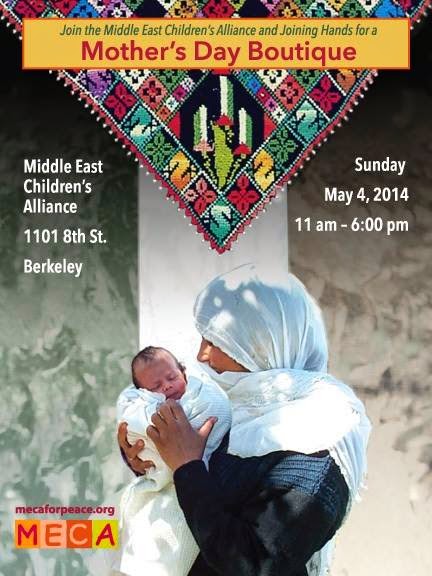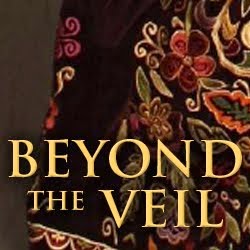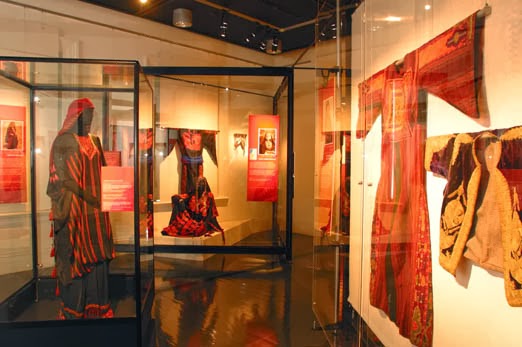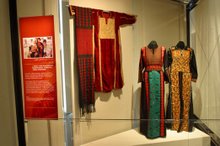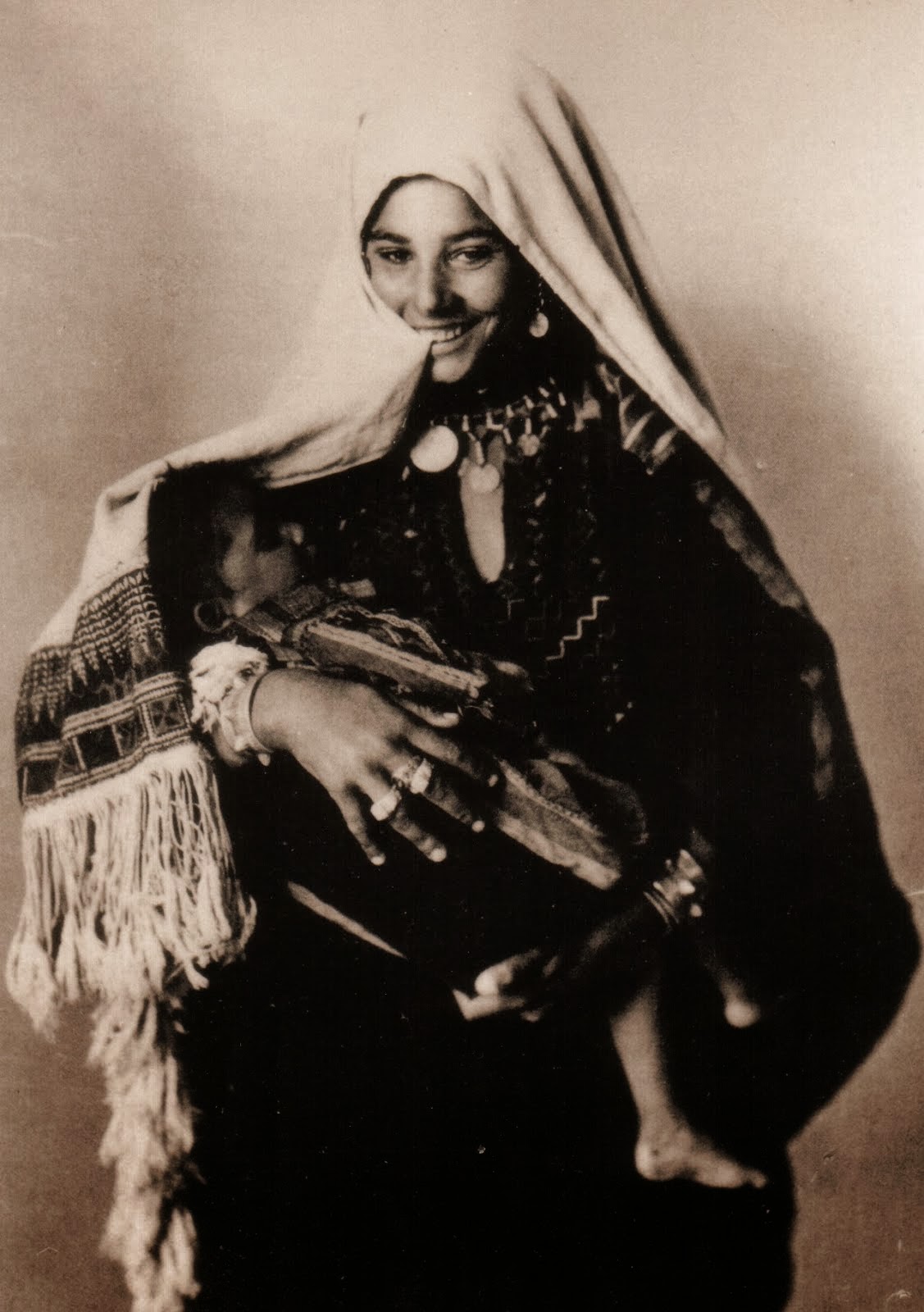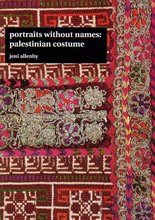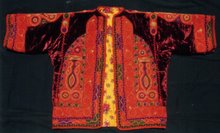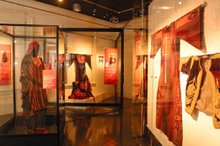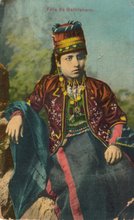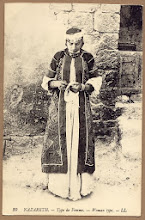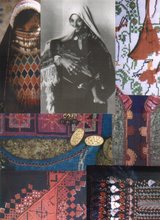Have a read. Good stuff.
Fetishizing nationalism
By Hussein Ibish, August 16, 2011
"For those in the grip of its authority, a clearheaded understanding of how nationalist ideology actually operates seems extremely difficult.
"All contemporary nationalisms are based on constructed and imagined narratives about history, geography, culture, ethnicity and religion. Such narratives invariably involve a great deal of what can only be described as fiction. In particular, reading the past—whether real or imagined—as a justification for present-day political projects is, by definition, intellectually treacherous territory.
"Last week I wrote about a new book tracing the history of Palestinian traditional dress in which I ruminated on the development of contemporary Palestinian national identity. Only a lingering degree of naïveté can account for my genuine surprise at the outpouring of outrage the column produced. I haven’t written anything this controversial in years, though all I did was assert that a new book helps demonstrate that Palestinian nationalism—while a contemporary, 20th-century phenomenon—is deeply rooted in broader Arab and ancient traditions and civilizations, and has its own distinctive cultural styles.
"I had not taken into account the existential need some nationalists have to deny every aspect of a rival’s authenticity. The pro-Israel voices objecting to these virtually self-evident observations seem unconcerned with defending the Israeli national identity, but obsessed with attacking the invocation of any heritage or tradition on which Palestinian nationalism can draw.
"The impulse to negate the other seems overwhelming. It appears much more powerful than any imperative to define, defend or interrogate one’s own nationalist identity, which is taken for granted.
"These critics assume all aspects of Jewish and biblical Hebrew mythology, traditions and history automatically legitimize the Israeli national project. However, such claims were highly controversial among the Jews of the world for many decades, and are again being subjected to significant interrogation
"The traditional Zionist narrative holds that only the present-day Jews of the world are the genetic, religious and cultural heirs of the biblical Hebrews and ancient peoples of the “holy land.” Everyone else is a Johnny-come-lately at best, with the Palestinians usually ascribed no deeper origins than the arrival of Islam in the area (a mere 1,200 years ago)—and in many cases much less than that. The idea that they too, and perhaps even more than Jewish Europeans, might have genetic, ethnic and cultural ties to the ancient and biblical peoples of the land—including the ancient Hebrews—has been rarely considered.
"In the decades immediately preceding 1948, the word “Israeli” was totally unknown and meant nothing, and the word “Palestinian” meant many things, but certainly not what it means today. Both of these national identities—the Jewish Israeli and the Arab Palestinian—are contemporary constructs born of recent history. They are largely grounded in their encounter with each other. They also embody deep cultural memories, traditions, myths, legends and tendentious narratives that at least to some extent retrofit the past to privilege their own national projects.
"But all of this is entirely beside the point. Neither the Palestinian nor the Israeli national identity is more or less “authentic” or “legitimate” than the other because both are self-defined nationalisms adhered to by millions of people. The extent to which they are based on imaginary constructs—as all modern national ideologies ultimately prove largely to be—is meaningless in practice. Objecting to these mythologies is the political equivalent of complaining about the rain.
"Systematized discrimination or exclusion is, of course, unacceptable for any decent society. But modernity dictates a healthy respect for both the human rights of individuals inherent to their status as human beings and the rights of self-defining national collectivities to self-determination. Contemporary political and national identities, including the Israeli and Palestinian, are invariably based on a confused mélange of myth, legend and history. But that is politically irrelevant. They are what they are, say what we will.
"The deployment of myth, legend, history and tradition in the service of contemporary and modern national projects is, at least at a certain register, intellectually and philosophically invalid. Yet nationalist agendas can help people secure their individual and collective rights, achieve self-determination, overthrow colonial domination and serve other useful purposes.
"Indeed, no sizable group of people can function successfully in the world of modernity without participating in some national structure. Hence the urgent need to end the virtually unique statelessness of the Palestinians, who are not citizens of Israel or any other country.
"The analytical challenge is to recognize that while not all nationalist claims are necessarily equally valid (they may speak on behalf of very few people, for example, and not really have the constituency they claim), in some important senses they are, however, all equally invalid. Championing one’s own nationalism as self-evidently “authentic” at the expense of a well-established, deeply-rooted and much-cherished rival identity is a particularly lowly form of self-delusion, chauvinism and fetishism."

